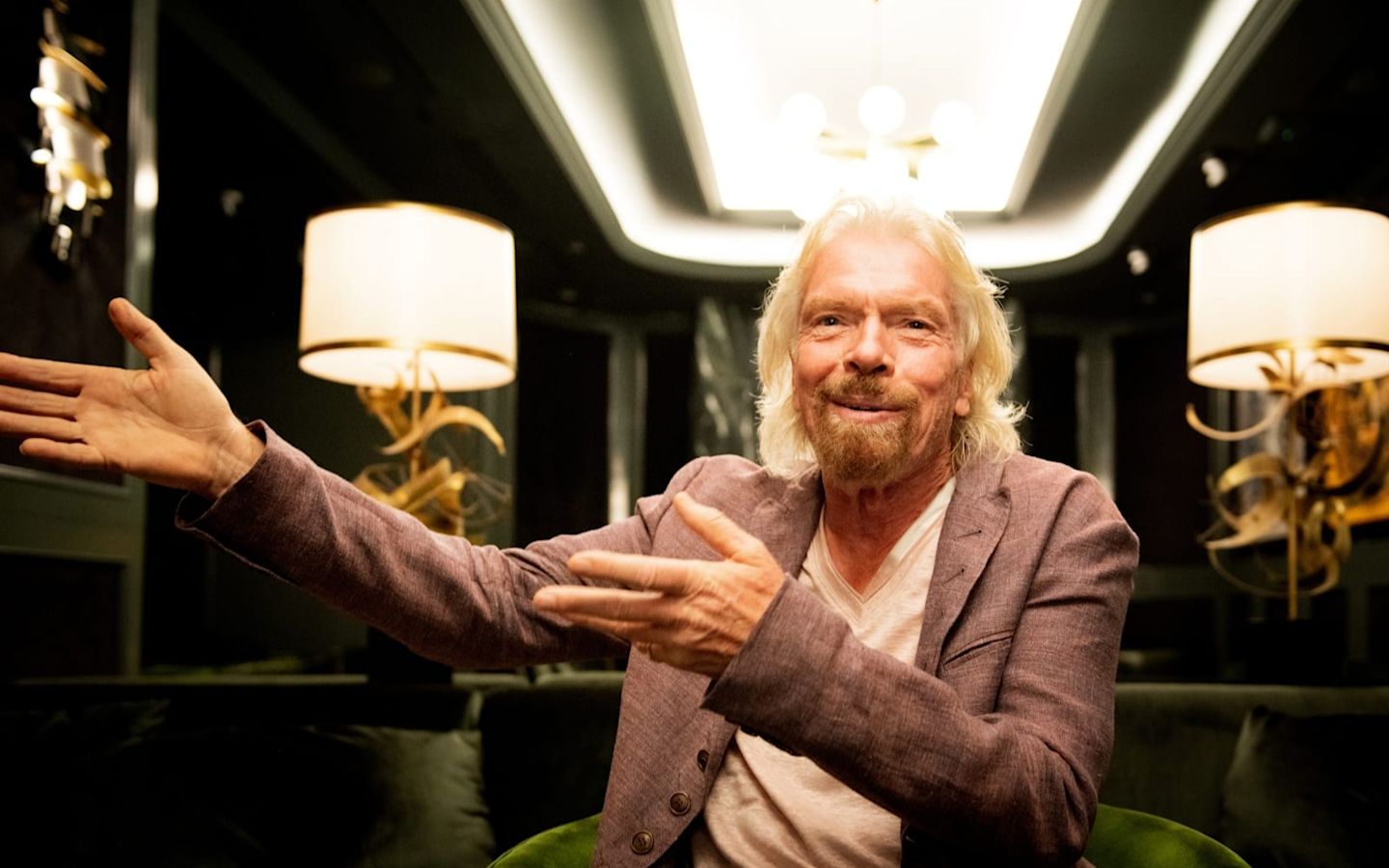Dyslexia and imagination
Imagination is one of humanity’s greatest qualities – without it, there would be no innovation, advancement or technology, and the world would be a very dull place.
One of the strengths people with dyslexia often have is a strong imagination. Throughout history dyslexics have imagined and achieved many things that have shaped our world. Thomas Edison illuminated our lives, Henry Ford made cars accessible to all, Steve Jobs gave us pocket computers.
I’m looking forward to exploring the power of imagination at Made By Dyslexia’s Summit on Monday 14th October (it will be livestreamed on their Facebook page so you can tune in). I’m proud to support Made by Dyslexia, a global charity led by successful and famous dyslexics, who are helping the world properly understand and support dyslexia.
My dyslexia has shaped Virgin right from the very beginning and imagination has been the key to many of our successes. It helped me think big, but keep our messages simple. The business world often gets caught up in facts and figures; and while the details and data are important, the ability to dream, conceptualise and innovate is what sets the successful and the unsuccessful apart.
These are also skills that are going to be urgently needed in the new world of work. Problem solving, creativity and imagination will be in high demand with the rise of AI and automation. It was great to read in a recent EY report that dyslexics have exactly the skills needed for the future workplace.
But despite the world really needing dyslexic thinking, children are still being taught to conform and do well on tests. We should be supporting children with dyslexia to realise their potential, starting at school and running right through to the world of work.
Made by Dyslexia is calling on policymakers and schools to ramp up their efforts to better identify dyslexics early on and introduce more supportive ways of teaching dyslexic students.
We should stop trying to get all children to think the same way. We should support and celebrate all types of neurodiversity and encourage children’s imagination, creativity and problem solving – the skills of the future.
Head over to Made By Dyslexia to find out more.



